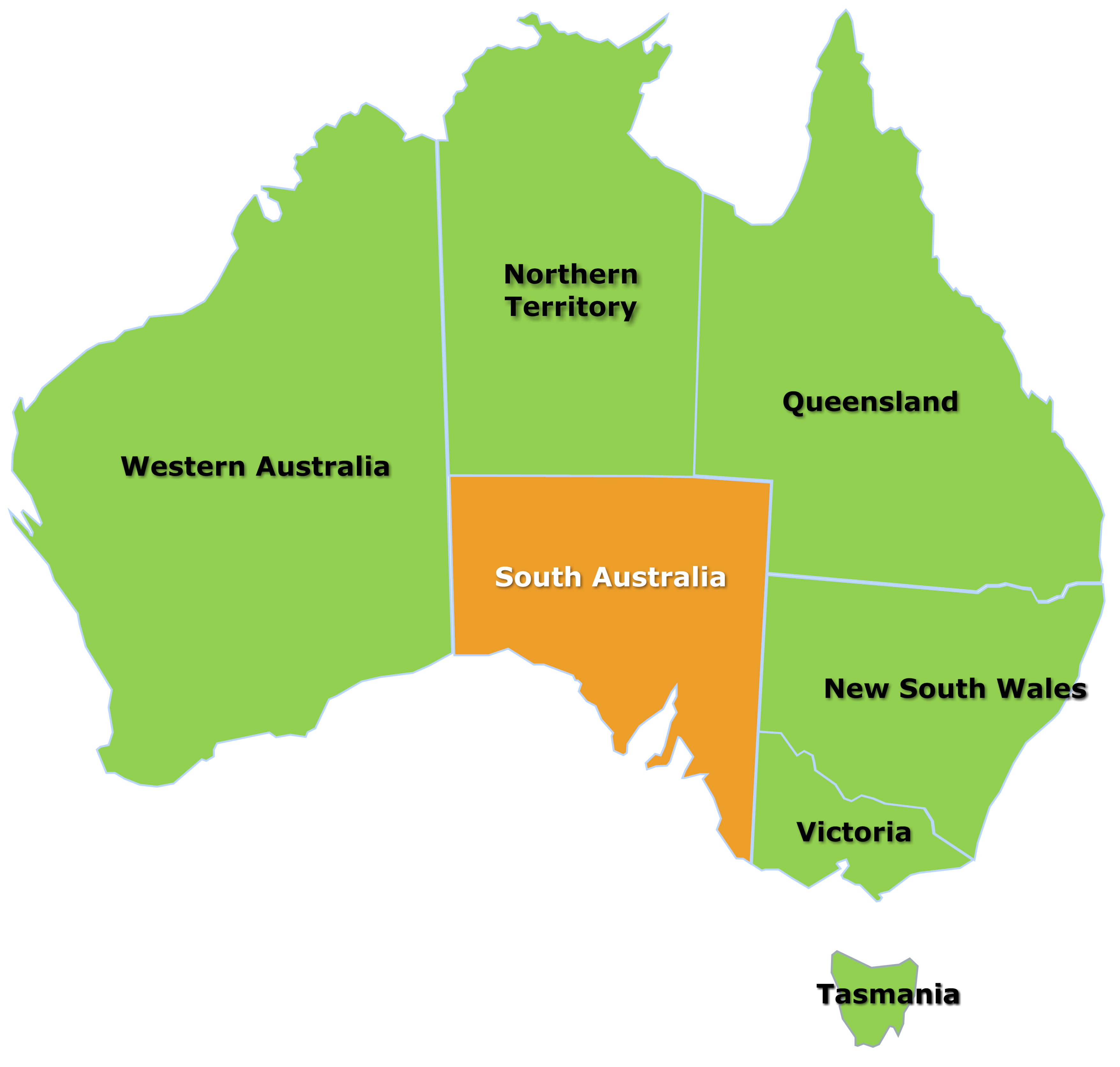Radioactive Waste 175 - South Australia Seeks Public Input For Project To Create A Spent Nuclear Fuel Repository
The South Australia Royal Commission into the Nuclear Fuel Cycle was formed in 2015 to consider four areas of possible participation for the Australian state in the nuclear fuel cycle. The four areas were consideration were exploration and extraction of radioactive minerals, processing of such minerals and production of materials containing radioactive substances, the use of nuclear materials to generate electricity and the storage and disposal of radioactive and nuclear waste. The final report was just issued and it made twelve recommendations for increasing the involvement of South Australia in the nuclear fuel cycle. Mining, refining and nuclear power were not considered feasible in the near future either because of regulatory issues or commercial viability. The report suggested that a multi-national spent nuclear fuel repository would be profitable.
The next stage in the consideration of the recommendations in the commission's report will be a public review. Four hundred people will be chosen at random to make up a "citizens' jury" to go over the proposals in the report. Twenty five thousand people will get invitations to participate. A group of 50 fifty citizens will first identify questions to be considered. There will be state-wide meetings, social media programs and a free phone in services to garner public responses to the questions selected by the first citizen jury. Another three hundred and fifty citizens will then comprise a second jury which will review the feedback after inputs from the public engagement project. The Australian Aboriginal community in South Australia will also be asked for input. A report will be issued to the state parliament next November.
The official name of the campaign for public input will be "Nu-Clear." An independent advisory board will soon be appointed to oversee the process of gaining public input. A new government agency will be established to "facilitate" the discussion.
The Premier of South Australia said that public involvement was critical to the success of any of the commission's proposals. He also said that there had to be bipartisan support in the South Australian parliament in order for the proposals to go forward. If there was serious political controversy over the proposals in the commission's report, it was unlikely that any investors would be interested in becoming involved. International involvement was also unlikely unless the other participants were convinced that South Australia would support and follow through on the long term project being proposed.
The South Australian Opposition Leader is the leader of the largest minority political party or coalition of parties in the House of Representative in the South Australian Parliament. The current Opposition Leader "condemned" the use of citizen juries to help make the decision to create a multinational spent nuclear fuel repository. He said that " We do not think that this is the right methodology of making a decision as significant as a nuclear waste repository." It would appear that hopes for bipartisan support for the commission's proposal for a multi-national spent nuclear waste repository may not be realistic.
